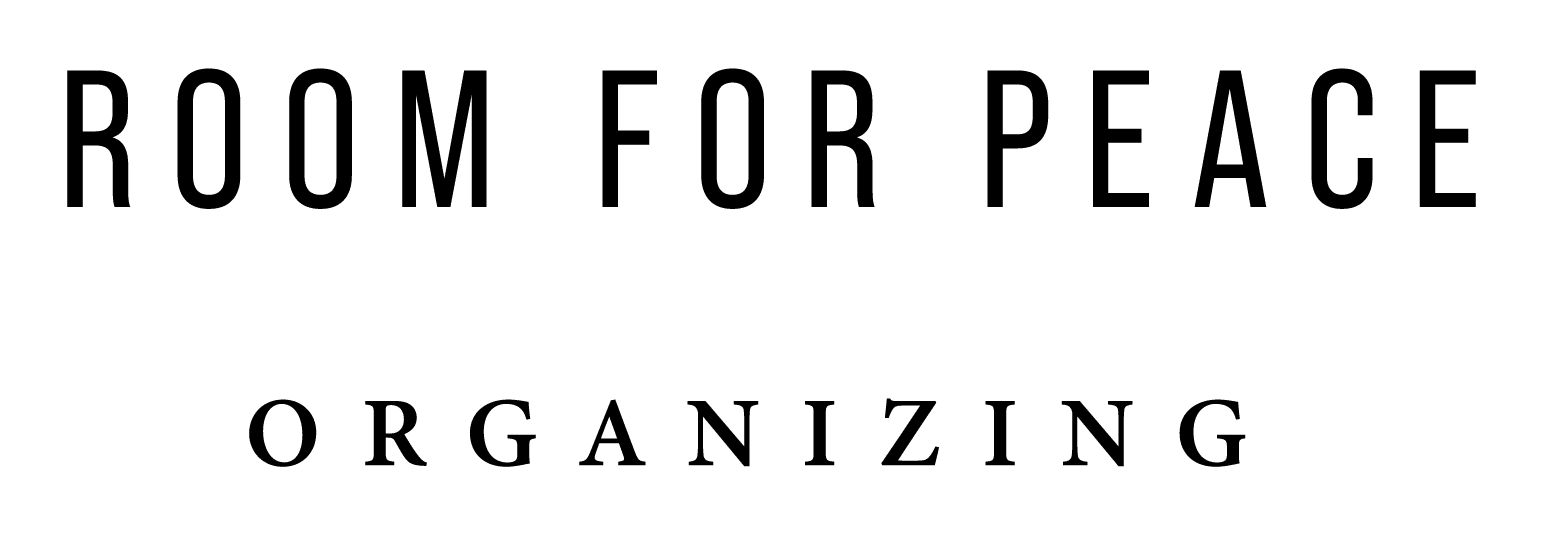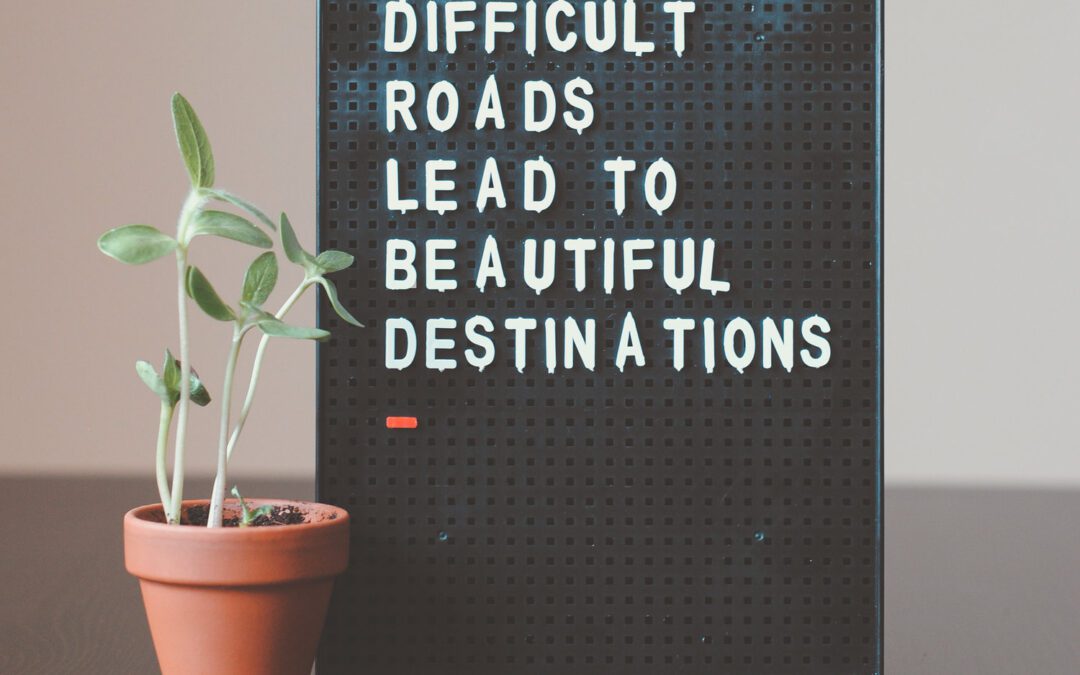I’ve been in and out of over 50 homes throughout the past year. Each case of clutter I encountered was as unique as the individual tethered to it.
Their reason for calling me, the state of their home, their feelings surrounding the clutter and willingness to let go of it; all fell somewhere along what I call “The Clutter Spectrum.”
While each case is different and I’m still learning each day as I work through the piles of forgotten stuff in people’s homes, there are a few commonalities I have taken away.
#1 being: your clutter can serve an important message about what is off balance in your life.
Clutter can be paralyzing. Just the thought of dealing with it can send you into an anxious state. Often times we push these feelings aside instead of sitting with the uncomfortableness of our clutter. We rationalize it, make excuses for not dealing with it, or speak negatively to ourselves for not being disciplined enough to sort it out.
I’ve noticed that our reluctance to dive into clutter always has an emotional component.
At the end of the day, it never takes as long as people think to go through the piles. What holds them back from approaching the piles of stuff head on are the emotions that they know the clutter will unfold.
Instead of shying away from these emotions and pushing them down, I suggest taking a curious approach. The next time you see a room that brings up uncomfortable emotions for you, explore exactly what these emotions are. See if you can label them: Guilt? Worry? Overwhelm? Dread? Nostalgia?
Through hours of decluttering sessions, I’ve heard some pretty insightful revelations from clients:
“Seeing these closets and drawers filled with junk- it really shows that I was not dealing with my life during the divorce. I was just pushing things aside to figure out later.”
“I’m the only one who really appreciated my uncle’s accomplishments. In saving these boxes with artifacts of his life, I feel like I’m able to preserve him in a sense. I want my girls to appreciate who he was since they were too young to know him.”
“My weight has been all over the place for so many years, I guess I’m afraid to let go of these clothes because someday I might go back to that weight.”
“We both came from poor families so organization was never really a concept growing up. If we had something that was still usable we just held onto it. You never know when you might need it.”
“I know my kids’ clothes are worth something; I paid a lot for them and they are still like new. Then again part of me might not want to let them go because it means my kids are growing up.”
“I think about how much I paid for those books and the time I spent using them. I know it doesn’t make sense. I’m not using that degree and don’t plan on doing that type of work. Giving them away feels like I’ve failed and wasted all of that time and money in a sense.”
“You know I always thought that clutter just comes with the territory of having kids, so I’ve blamed them for my chaotic house. What I’m realizing is that they really crave boundaries and consistency in their lives. Otherwise they’ll always be testing the waters and I’m the victim then. They look to me to set that example and I can’t expect them to know how to be organized.”
”Sometimes I wish it would all just go up in flames so I could start over…rather than sitting down and having to deal with it.
You can’t change something you aren’t aware of. Diving into the feelings and looking at your clutter without judgment gives it less power. The idea of going through it becomes less daunting.
Your intuition is trying desperately to get your attention by giving you these uneasy feelings. The message might be a call to action or a cry for help. Either way, if you sit down and really explore why things got so chaotic, and what fears or limiting thoughts might be surrounding it, you take the power away from the stuff.
Ask yourself:
· What stops you from clearing your clutter? (beyond “I don’t have time”)
· What would it mean if it was all gone? (move beyond “I’d be relieved”)
· If clutter were no longer an obstacle, what would you have time for? (What dreams, relationships, pursuits would you go for?)
· Is there anything about that ^ task that feels intimidating? (Your clutter could be a convenient distraction from pursuing that scary goal)
· What past identity might I be clinging onto?
· Who am I afraid of disappointing?
Clearing clutter can be a beautiful time of self exploration and rejuvenation. See it as a growth opportunity and you will come out the other side with clarity about who you are and what is important to keep around you.
You are not alone in this process! A professional organizer is more than just a person to rearrange your stuff. We help with the decision making and bring up the bigger picture questions to help you assess what deserves a place in your life, and how to break through the blockades of clutter. Asking for help can be one of the most empowering decisions you make for yourself, and I am here for you!
January is NAPO’s National Get Organized month. Looking back on the past year I and all of the amazing clients and families I’ve met; I know I’ve been able to bring some peace and clarity to their lives, but most of all I’m struck by everything I’ve learned from them throughout the process. I’m so excited to use these insights moving forward to help everyone make Room For Peace ♡

